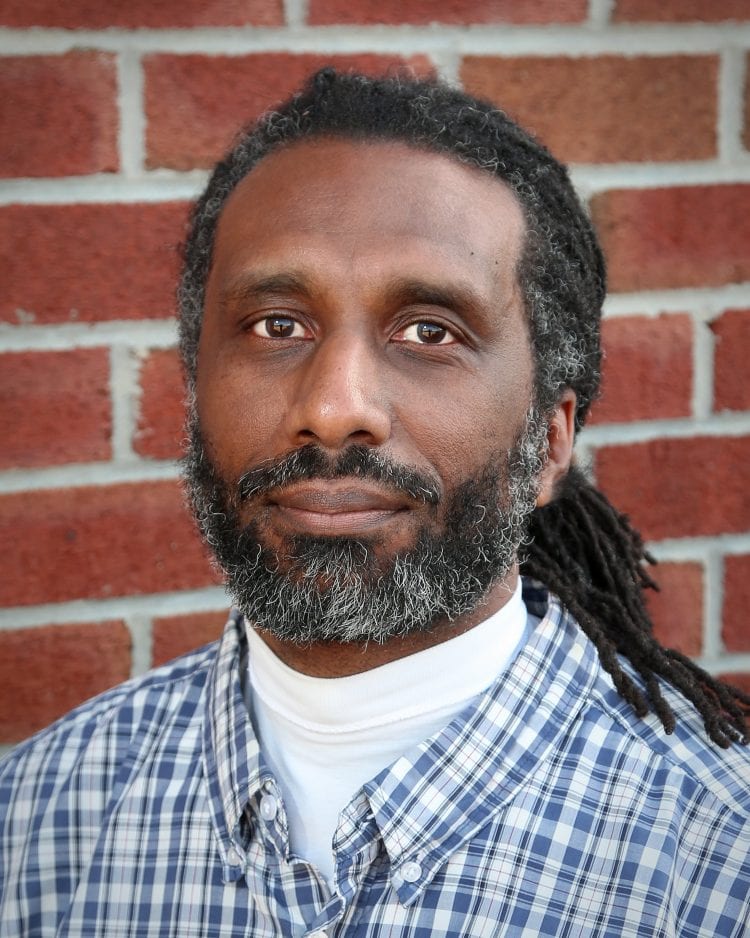
M
919.772.1990
Browse Blog
Listen In
919.772.1990
Browse Blog
Listen In
Quick Links
Services
Medication Management
One80 Locations

by Olatunde Howard, MA, LMFT
How long does it take to “get to know someone?” Really. Before we even answer that question, what does it even mean to actually know another person? I’ve thought about this based on a recent conversation, a recent session, and my own experiences. Because I’ve always valued authenticity and connecting intimately, and because I am a very intense and focused person, I tend to not know how to…ease into relationships I guess? Since high school, I never really wanted to “date.” I just wanted to meet “the one” and be with that person for the rest of my life. I’ve always believed that all it takes is one good/real/authentic conversation with someone to determine a real connection. Yet it has always seemed that the world around me ascribes to an assumed amount of time that people have to interact before they “know each other;” that they have to know a certain amount of information about a person.
But even after this happens, I hear some couples say that “they never really knew their partner.” This can be after as many as 10-20 years married. While there are other clients who feel like they deeply know someone they’ve only been interacting with for two or so weeks.
Sometimes I think “getting to know someone,” whether that means increased time with them, or increased information about them, is overrated. Why? Because again, even after some couples have been together for years, know all kinds of information about each other, and have spent all kinds of time with each other, they still seem significantly disconnected. So the time and information seem to have done nothing for their connection.
Keyword: Connection
I think my conclusion is that real connections don’t require a lot of time or information. I think that time and information only solidify true connections. But an essential or fundamental connection can happen when two people who want to connect simply, vulnerably, and authentically share their thoughts and emotions in the present moment they are actually in. When they do that, they not only “get to know each other,” they truly do know each other already. And as time passes, and information is learned, if they keep connecting, their connection grows, matures, and solidifies.
So how do two people “get to know each other,” or really come to know each other? I believe they do two things:
If they decided they wanted to do this for the rest of their lives, they simply commit to doing so–daily, weekly, nightly–consistently. They make this a habit. And as time passes, as they continue to connect in varying situations over time, learning more information about each other, the essential connection they had only grows, matures, and solidifies. Not because of time or information. But because of a decision to continue their connection. And even if this isn’t a life long connection, when it happens, it’s still very real. They can actually and genuinely say, in the present moment of their connection, that they are not just getting to know each other, but that they actually do know each other.

Olatunde Howard, MA, LMFT
Olatunde is a Licensed Marriage and Family Therapist. Read Full Bio
Forgiven for Reconciliation by Olatunde Howard, MA, LMFT(I’m writing as an LMFT who follows Jesus. For readers who do not follow Him, what I’m writing can still be helpful to you.) The reason God is...
Are you sleeping with the enemy? by Olatunde Howard, MA, LMFTThe more I do couple’s therapy, the more convinced I am that couples have one essential problem, and one only: enmity. John Gottman calls...
How “Rebounding” Can Be Healthy by Olatunde Howard, MA, LMFT“Instead of waiting to get better before you meet a guy, why don’t you meet a guy and see if that helps you get better?” A line from the...